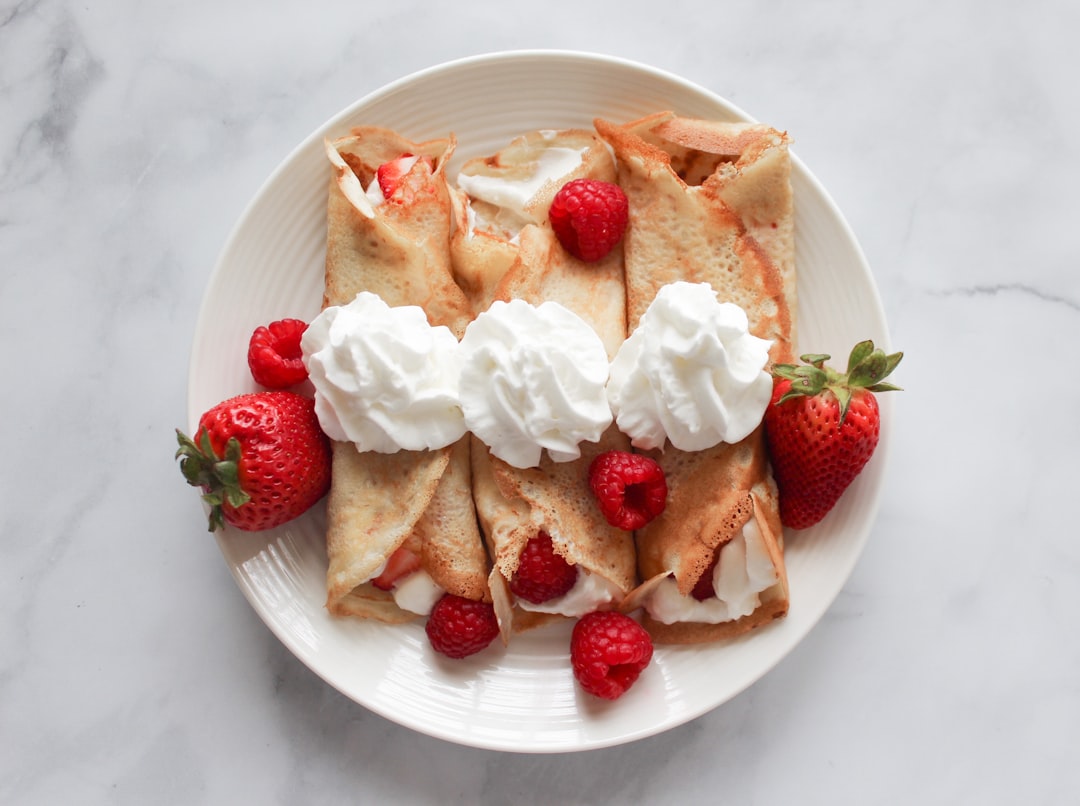eat more and cancel it out via exercise
If I want to eat an ice-cream that's 400 calories and if running for 40 minutes burns 400 calories - can I run daily and eat that ice-cream daily and doesn't that seem like a win-win?
It is a great question and in my early days into fitness, when nutrition was not a factor but fat loss was, this was how I thought about things. Honestly, in the beginning, I did not care much at all about what I ate. Once my fat loss progress slowed down a bit, I would try to manipulate it so that at least my junk eating was cancelled.

I've seen a lot of people think about it and go about it this way as well. So, why not talk about it, does it make sense? Why or why not?
In an earlier post, I spoke about how eating 250 extra calories a day can lead to 15 kilos of weight gain over a year. But if we still want to eat our samosa or ice-cream, doesn't this seem like a simple way to ensure we are in energy balance?
does this work?
The law of conservation of energy seems to indicate that our above strategy should work. If I am going to burn the calories of the junk that I am going to consume later today, then as long as I can keep doing the work daily - it should be fine, right?
If we go strictly by the calories equation, yes. But this is where calorie counting has its limitations. As I mentioned earlier, it is just one tool in the toolbox and using it in this fashion is not its strength. I find it useful to understand our ballpark consumption, our macronutrient splits and all that.
At least in me, this just developed a bad habit of me thinking of exercise as good which enabled me to eat junk food (which I thought of as bad) but could not resist.
Let's be clear - if we are just measuring weight, this strategy might work for the most part. Because being active daily is a huge deal and we are constantly measuring where we stand as well.
But the weight not going up is not the only issue here.
but ...
Sure, calorie-in-calorie-out is a crude strategy but it will work for a reasonable range. But the issue is the qualitative effects of the junk calories that we are not measuring. What does eating ice-cream daily do to our system? What does a sugar addiction mean? This is one problem.

The other problem is the good vs bad thinking. Everything we do is a tool - exercise and nutrition, for example. It took me the longest time to erase this way of thinking from my system. I found that I would need to earn credits (with myself) to allow me to eat what I wanted to eat.
This often resulted in periods of guilt when I ate a lot of ice-cream (chocolate ice-cream is my thing. You replace it with whatever yours is). Some days, I would want to eat little and some days I would want to eat more. But when I looked solely at that day and "Did I earn it today?", it just led me down weird places.
Only after I moved away from thinking this way did it become liberating to eat better and train and have fun.
so, how can we think about this?
Let's make a few things clear.
Eat your favourite foods. You don't need an excuse for it. At the same time, you cannot say
this chappie on the internet said to eat my favourite foods and so I am gonna eat ice-cream for breakfast, lunch, dinner.
Yes, this complicates things as you will wonder "is this right?" or "am I overdoing it?". Stop. Relax. We need to be a bit more long-term about this.
Eat right about 80% of the time. For some of us, finding this sweet spot is going to take a lot more work than we think. But the 20% is a lot of slack actually.
As we figure out the 80%, the first bit also will fall in naturally. You might find a way where you are 100% on the weekdays and relaxed during the weekends. Or you might sanction yourself two meals where no rules apply. All of these are simple constraints to help us figure out the vague applications of "how we go about this". There's no right or wrong here - figure it out for yourself. And as you keep doing this, your system will evolve to be better suited for you.
And think about activity or exercise or lifting weights because it is fun and keeps you healthy. Because it buys you time and money. And not as a chore.
Do these because you want to. Not because you have to. When that happens, everything seems to fall in place.
Take your time. Experiment. Figure things out. It is a process.

